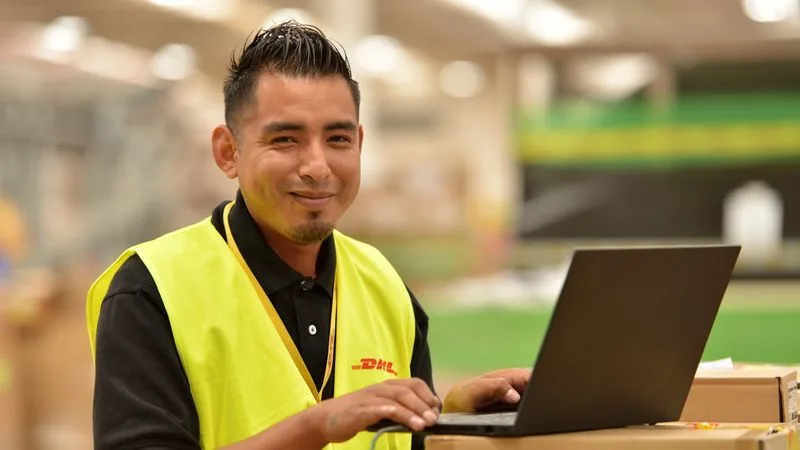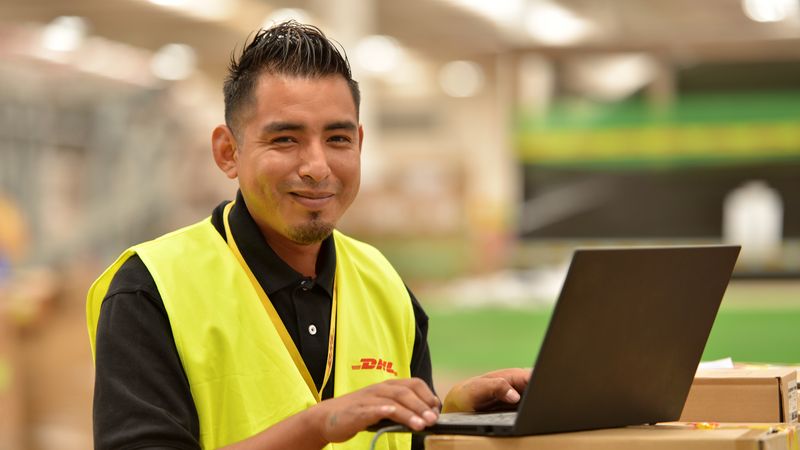In the world of international trade, smooth and efficient customs clearance is paramount for businesses of all sizes. Delays at the border can significantly impact supply chains, leading to increased costs, dissatisfied customers, and missed business opportunities. This is where keen knowledge of customs compliance can give you an advantage.
This blog post delves into the complexities of customs compliance, exploring its essential components, common challenges, and best practices for businesses. Whether you're a seasoned importer or exporter or just starting your global trade journey, knowing how to smoothly get through customs clearance procedures will empower you to optimize your operations and achieve a competitive edge.
What is customs compliance? Why it matters for businesses in Sri Lanka
Customs compliance refers to the act of adhering to the laws, regulations, and procedures established by a country's customs authority. These rules govern the import and export of goods, ensuring proper control over the flow of commodities across international borders.
Businesses in Sri Lanka looking to export overseas must focus on maintaining accurate records, providing complete and truthful information, and understanding the nuances of your destination’s customs clearance process. Failure to comply can result in penalties, delays, or even seizure of goods.
Essential elements of customs compliance: A checklist for businesses in Sri Lanka
Sri Lankan businesses aiming to conquer the global market need to be meticulous with customs compliance. Here's a checklist to ensure your exports sail through the customs process smoothly:
1. Accurate Documentation:
- Commercial invoice: A detailed invoice with correct information about the buyer, seller, goods description, and pricing. Ensure it aligns with the destination country's requirements.
- Packing list: A comprehensive list of all items included in the shipment, including quantities, weights, and dimensions.
- Bill of lading (or airway bill): A waybill serves as a contract between you and the carrier, and as a receipt for the goods.
- Other Documents: Depending on the product and destination country, you may need additional documents like licenses, permits, or inspection certificates.
2. Proper valuation:
- Transaction value: Generally, the price paid or payable for the goods when sold for export is the basis for valuation.
- Supporting documentation: Be prepared to provide documentation to support the declared value, such as contracts, purchase orders, and payment records.
- Destination country rules: Understand the specific valuation methods accepted by the importing country's customs authority. This will affect the calculation of import duties which can add to your shipping costs.
3. Harmonized system (HS) code classification:
- Accurate classification: Assign the correct HS Code to your products. This standardized system is used globally to classify traded goods and determine applicable duties.
- HS code database: Use the Sri Lanka Customs website or other reliable sources to find the correct HS Code for your goods.
- Expert advice: If unsure, consult with a customs expert or freight forwarder for assistance with HS Code classification.
4. Rules of origin:
- Determine origin: Accurately determine the origin of your goods based on the rules of the destination country.
- Free Trade Agreements: If exporting to a country with which Sri Lanka has a Free Trade Agreement (FTA), ensure your goods meet the rules of origin to qualify for preferential tariffs.
- Documentation: Maintain proper documentation to prove the origin of your goods, such as manufacturing records and supplier declarations.
Common customs compliance challenges faced by businesses in Sri Lanka
While the rewards of global trade are significant, Sri Lankan businesses often encounter hurdles when trying to achieve customs compliance. Understanding these challenges is the first step towards overcoming them and ensuring smooth customs clearance:
- Incomplete or inaccurate documentation: Errors or omissions in customs documentation are a frequent cause of delays and penalties.
For example, an incorrect HS Code on a commercial invoice can lead to delays in customs clearance at Sri Lanka and at the destination country. Businesses must ensure that all required documents for the shipment clearance process are complete, accurate, and submitted on time. Hiring a customs clearance agent in Sri Lanka can help mitigate this risk.
- Misinterpretation of regulations: Customs regulations can be complex and vary significantly between countries. Misinterpreting these regulations, such as those related to product labeling or certification, can lead to non-compliance and costly consequences.
Sri Lankan businesses must invest time in understanding the specific customs clearance procedures of their target export markets.
- Lack of awareness regarding updates: Customs regulations are subject to change, and businesses must stay informed about the latest updates to maintain compliance. Failure to keep up with regulatory changes, such as new duty rates or import restrictions, can result in unexpected delays and penalties.
Always check the customs website of your destination country as well as the Sri Lanka Customs website to stay up to date.
- Inadequate internal controls: Weak internal controls can increase the risk of non-compliance. Businesses in Sri Lanka looking to engage in international shipping should establish robust procedures for managing customs compliance, including clear roles and responsibilities, document management systems, and regular audits.
- Communication barriers: Effective communication with customs authorities and other stakeholders in the customs clearance process is essential for avoiding misunderstandings and resolving issues promptly. Language barriers, cultural differences, and time zone variations can pose challenges for Sri Lankan businesses. This is where hiring a shipment clearing agent with translation services can help.
Best practices for achieving customs compliance for businesses in Sri Lanka
To ensure smooth customs clearance, businesses in Sri Lanka can adopt the following best practices:
- Partner with a customs clearance agent: Engaging a shipment clearing agent in Sri Lanka with international expertise can provide valuable guidance and support when navigating customs procedures. These experts possess in-depth knowledge of customs regulations and can help businesses ensure compliance.
- Utilize technology: Leverage technology solutions to automate customs processes, improve accuracy, and enhance efficiency. Many software tools are available to help businesses manage customs compliance, from document preparation to risk assessment.
- Proactive Communication: Maintain open communication with customs authorities and seek clarification on any unclear regulations. Proactive communication can help prevent misunderstandings and ensure smooth customs clearance.
Export from Sri Lanka to the rest of the world with DHL Express

For Sri Lankan businesses engaged in international trade, customs compliance is crucial for seamless customs clearance. By adhering to regulations and understanding the customs clearance procedure in both Sri Lanka and destination countries, businesses can minimize delays, avoid penalties, and optimize their supply chains.
DHL Express offers comprehensive solutions to navigate the complexities of customs clearance in Sri Lanka and beyond. Our expertise in customs processes and global trade ensures smooth and efficient shipment clearance, helping your business thrive in the international marketplace. Create a business account with us today to learn how DHL’s delivery services can streamline your customs clearance operations and unlock your export potential.






















